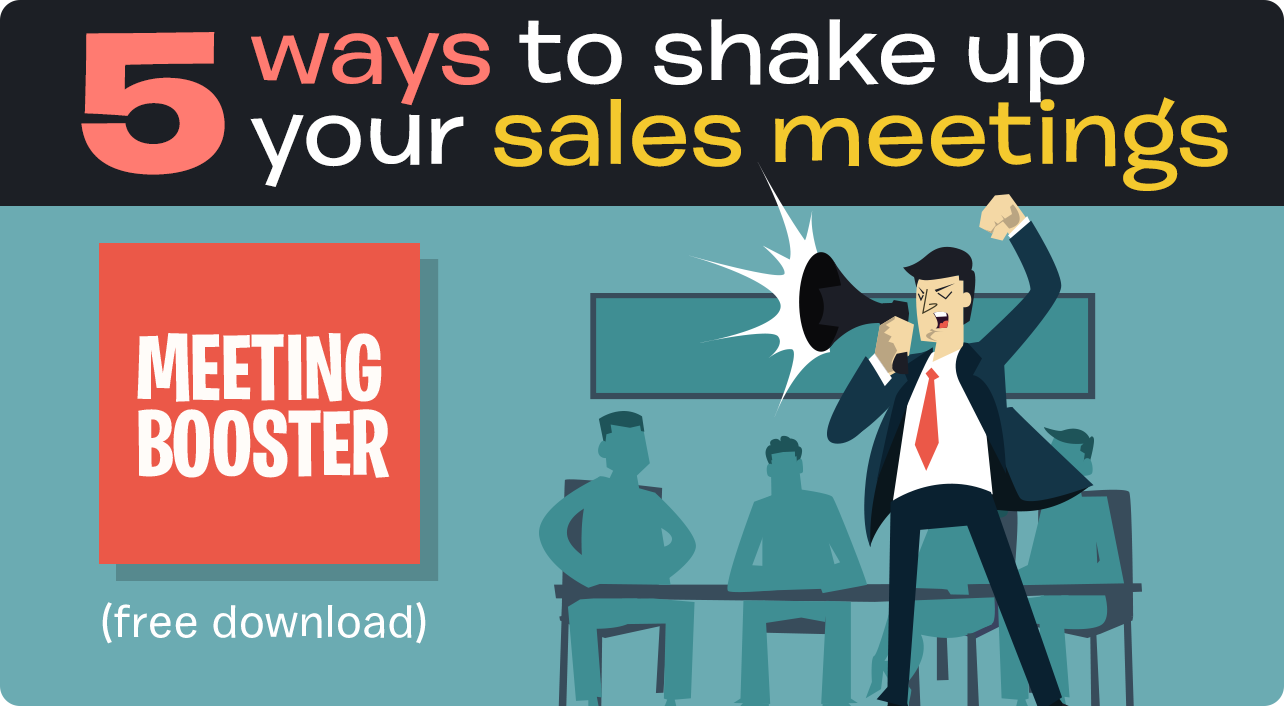- sales
- Blog post
Here’s how to win the sale – even when you’re the dark horse
Good old Harry Truman: written off by the experts, facing a challenger with more money, top-notch credentials and powerful friends. Yet he pulled out a victory that people still talk about.
You, too, can win even when your competitors seem to have all the advantages. You can do it the same way Harry did: by making the choice personal and establishing yourself as more trustworthy than your competitors.
It’s personal every time
Of course, the old-boy network is alive and well. And reps for big-name companies still get a built-in boost with prospects. But this credibility-by-association is fleeting. In the end, credibility is personal. It must be earned with every prospect and customer.
And it’s the key factor for winning. No matter how urgent the need, how strong the desire, how compelling the benefit or how low the price, nobody wants to buy from someone who can’t be trusted.
Establishing trust
Personal trustworthiness boils down to your experience, your knowledge and your presentation. Here’s how to win on all three fronts:
Tailor your experience. To customers, relevance of experience counts for more than quantity. If you’ve helped just one other customer solve exactly the problem she’s facing, that will count more than dozens of successes that are a little less focused on her problem.
Before calling on a new prospect, identify current or former customers who are most likely to be a match. Consider not only your own accounts, but your company’s other customers and even customers you’ve served in the past. (If you can’t find a good fit, consider whether you should be pursuing this customer at all.)
Don’t be a know-it-all. Countless sales are lost by reps who try to establish credibility by showing off how brilliant they are. Customers find them to be arrogant and condescending. You don’t win by wowing the customer, but by giving good answers at the customer’s pace and level of understanding.
Turn knowledge into questions. Credentials don’t matter nearly as much as your ability to relate your knowledge to the customer’s specific problem. Good homework leads to precise questions to show you know your stuff. Vague questions suggest you’re in over your head.
Listen hard. Even if you know absolutely nothing about the prospect’s business, you convey a sense of command and concern by listening intently and asking follow-up questions that show you got it.
Believe. No matter how skilled your presentation, nobody will believe in what you’re selling unless you believe in it yourself.
Before you meet, be your own critic. If you’re not convinced you can help, figure out what’s wrong and fix it. At the same time, gain credibility by being realistic. Nobody’s solution is perfect. Be prepared to discuss the pros and cons of your solution and why you believe it’s best.
Be yourself. An obvious rule, but often violated. Those who try to play a role are less credible than those who play to their own strengths. Some of the best salespeople don’t look or act the part. To earn trust, demonstrate first that you trust yourself.
Stay win-win. Make clear to the customer that you care about both of you coming away with a win. If you play the martyr, your motives will be suspect and you won’t be seen as credible.
Source: Stephen Heiman, www.millerheiman.com
photo credit: mbell1975

Get a demo of all our training features
Connect with an expert for a one-on-one demonstration of how BTS Total Access can help develop your team.



